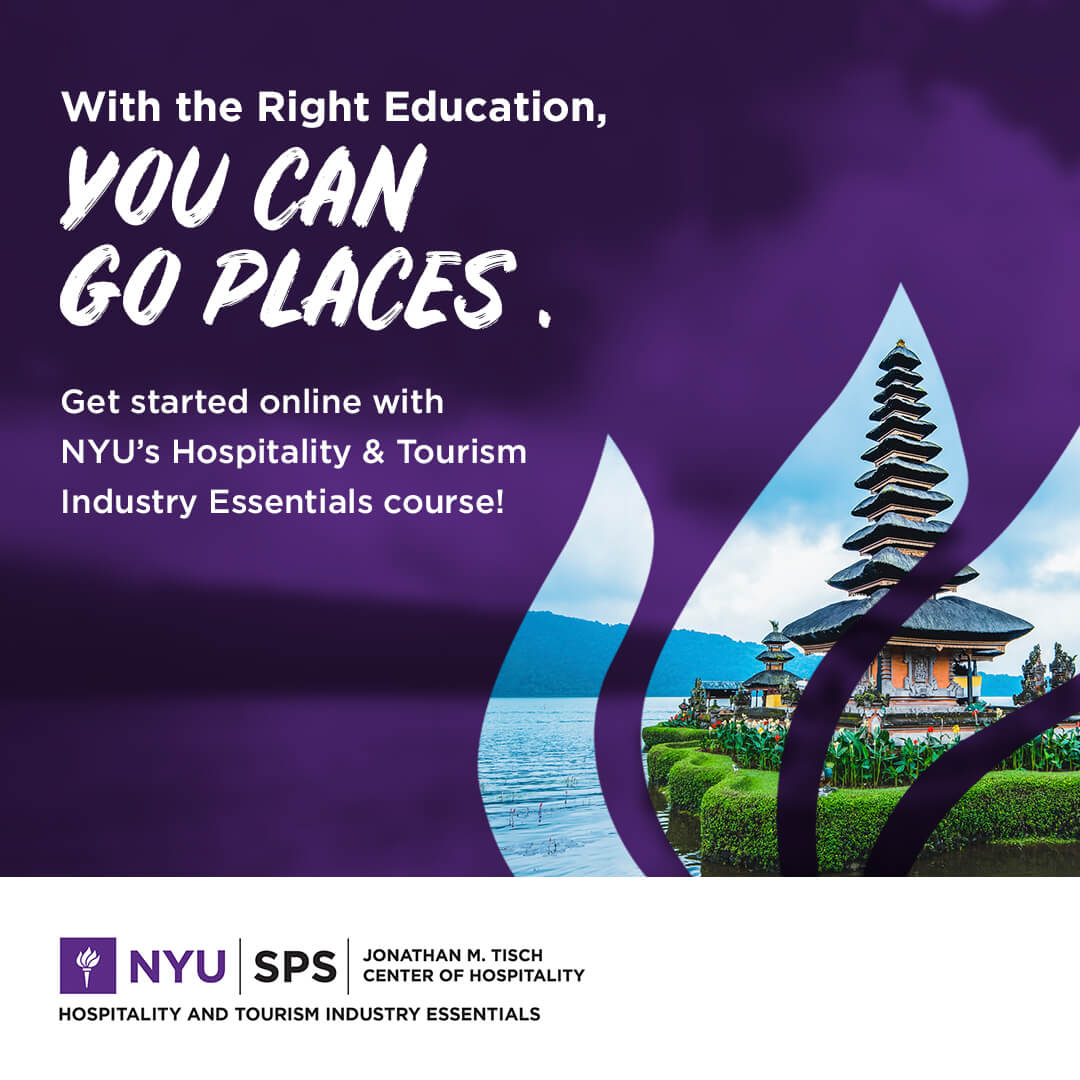Social impact tourism is a rapidly growing trend in the travel industry that focuses on making a positive difference in the places visited. This type of tourism goes beyond traditional sightseeing and relaxation, aiming to benefit local communities and the environment.
By participating in social impact tourism activities, travelers can contribute to meaningful projects, support local businesses, and gain a deeper understanding of the destinations they visit.
Sustainability in Tourism
One of the key aspects of social impact tourism is sustainability. Sustainable tourism practices seek to minimize the negative impact of travel on the environment and local communities while maximizing the benefits.
This can include supporting eco-friendly accommodations, reducing waste and carbon footprint, and respecting local cultures and traditions. By choosing sustainable travel options, tourists can help protect natural resources and preserve the cultural heritage of the places they visit.
Volunteer Tourism
Volunteer tourism, also known as voluntourism, is another popular form of social impact tourism. This involves travelers participating in volunteer projects that address community needs such as education, healthcare, and environmental conservation.
Volunteer tourism offers a unique opportunity to make a direct and tangible impact on the lives of others while immersing oneself in the local culture and way of life. Organizations like Yellowbrick offer programs that combine travel experiences with volunteer opportunities, allowing participants to engage in meaningful projects around the world.
Community-Based Tourism
Community-based tourism is a growing trend within the social impact tourism sector. This approach involves travelers staying with local families, participating in cultural activities, and supporting community-run enterprises.
Community-based tourism provides an authentic and immersive experience for visitors while generating income and opportunities for local residents. By engaging with communities respectfully and responsibly, tourists can foster mutual understanding and appreciation across cultures.
Ethical Wildlife Tourism
Another aspect of social impact tourism is ethical wildlife tourism. This involves visiting animal sanctuaries, conservation centers, and responsible wildlife tours that prioritize animal welfare and conservation efforts. Ethical wildlife tourism promotes the protection of endangered species, rehabilitation of rescued animals, and education on wildlife conservation issues.
By choosing ethical wildlife experiences, travelers can contribute to the preservation of biodiversity and support efforts to combat illegal wildlife trade and exploitation.
Cultural Heritage Tourism
Cultural heritage tourism is a significant component of social impact tourism, focusing on preserving and promoting the cultural heritage of a destination. This can include visiting historical sites, attending cultural performances, and supporting local artisans and craftsmen.
Cultural heritage tourism helps to safeguard traditional practices, languages, and art forms while providing economic opportunities for communities. By engaging with cultural heritage sites and activities, travelers can help protect and celebrate the rich diversity of human heritage.
Inclusive Tourism
Inclusive tourism is an essential aspect of social impact tourism, aiming to create accessible and welcoming travel experiences for all individuals, regardless of their abilities or backgrounds. Inclusive tourism initiatives focus on removing barriers to travel for people with disabilities, seniors, LGBTQ+ travelers, and other marginalized groups.
By promoting inclusivity and diversity in tourism, destinations can attract a more diverse range of visitors and create a more equitable and welcoming travel environment for everyone.
Adventure Tourism with Social Impact
Adventure tourism with a social impact focus combines the thrill of outdoor activities with a commitment to environmental conservation and community development. This type of tourism includes activities such as hiking, kayaking, and wildlife safaris that promote sustainable practices and support local conservation efforts.
Adventure tourism with a social impact lens encourages travelers to explore the natural beauty of a destination while contributing to its preservation and sustainable development.
Educational Tourism
Educational tourism is another form of social impact tourism that emphasizes learning and cultural exchange. Educational tourism programs offer participants the opportunity to engage in language immersion, academic courses, and cultural workshops while traveling to different destinations.
By participating in educational tourism experiences, travelers can broaden their knowledge, skills, and perspectives while supporting local educational initiatives and institutions.
Responsible Tourism
Responsible tourism is a fundamental principle of social impact tourism, encouraging travelers to make informed and ethical choices that benefit the destinations they visit. Responsible tourism involves respecting local customs and traditions, supporting small businesses, and minimizing negative impacts on the environment and communities.
By practicing responsible tourism, travelers can contribute to sustainable development, cultural preservation, and positive social change in the places they explore.
The Power of Social Impact Tourism
Overall, social impact tourism offers a unique and rewarding way to travel that goes beyond mere consumption and leisure. By engaging with local communities, supporting sustainable practices, and promoting positive change, travelers can make a meaningful difference in the world while creating unforgettable experiences for themselves.
Key Takeaways:
- Social impact tourism focuses on making a positive difference in visited places by benefiting local communities and the environment.
- Sustainable tourism practices seek to minimize negative impacts on the environment while supporting local cultures and traditions.
- Volunteer tourism allows travelers to engage in meaningful projects addressing community needs and immerse themselves in local cultures.
- Community-based tourism provides authentic experiences for visitors while supporting local economies and fostering cultural exchange.
- Ethical wildlife tourism promotes animal welfare and conservation efforts, contributing to biodiversity preservation.
- Cultural heritage tourism safeguards traditional practices, languages, and art forms while creating economic opportunities for communities.
- Inclusive tourism aims to create accessible travel experiences for individuals of all backgrounds and abilities.
- Adventure tourism with a social impact focus combines outdoor activities with environmental conservation and community development.
- Educational tourism emphasizes learning and cultural exchange, broadening participants’ knowledge and supporting local educational initiatives.
- Responsible tourism encourages travelers to make ethical choices that benefit destinations and promote sustainable development.
Consider enhancing your knowledge and skills in the hospitality and tourism industry by enrolling in the “NYU Hospitality and Tourism Industry Essentials” online course and certificate program offered by Yellowbrick.
This program can provide valuable insights and expertise to excel in the dynamic field of social impact tourism.




